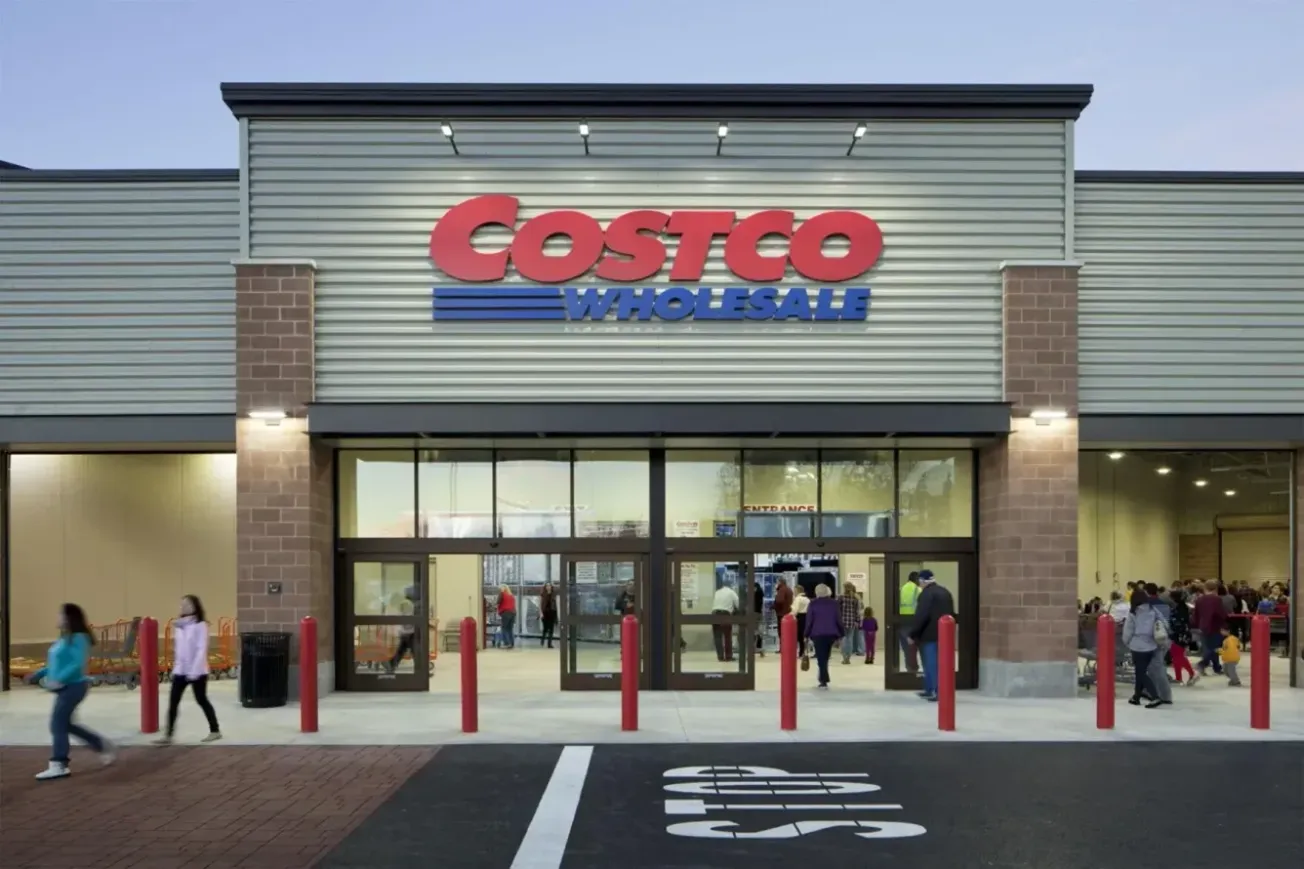MONTVALE, N.J. — For the second and probably final time, A&P last month filed for Chapter 11 bankruptcy protection.
For the second and probably final time, A&P last month filed for Chapter 11 bankruptcy protection.
Although it does not currently intend to liquidate, the beleaguered grocer plans to sell as many of its stores as possible to rivals in a process that will likely result in the end of the A&P name.
With the announcement of the filing, the 156-year-old company declared it had executed agreements to sell approximately 120 stores for about $600 million. It plans to close 25 stores that have drawn no buyer interest and are operating with significant losses.
A&P operates 296 A&P, Best Cellars, Food Basics, Food Emporium, Pathmark, Superfresh and Waldbaum’s stores.
"After careful consideration of all alternatives we have concluded that a sale process implemented through Chapter 11 is the best way for A&P to preserve as many jobs as possible, and maximize value for all stakeholders," president and chief executive officer Paul Hertz said in a statement. "The interest from other strategic operators has been robust during the company’s sale process to date, and we have every expectation that will continue in Chapter 11. And while the decision to close some stores is always difficult, these actions will enable the company to refocus its efforts to ensure the vast majority of A&P stores continue operating under new owners."
Three competitors thus far have issued "stalking horse" bids for select locations. The biggest deal announced so far is an agreement to sell 76 stores in New York, New Jersey, Connecticut, Pennsylvania, Maryland and Delaware to the Acme Markets subsidiary of Albertsons. The stores involved in the agreements operate under the A&P, Superfresh and Pathmark banners.
The transaction, which is subject to rival bids as well as court approval, would expand Acme’s store count from 107 to 183. Acme, which is headquartered in Malvern, Pa., operates in the states of Pennsylvania, New Jersey, Delaware and Maryland.
In addition, Stop & Shop Supermarket Co., a subsidiary of Ahold USA, has agreed to purchase 25 stores, 22 in New York and three in New Jersey. Two of the locations carry the A&P banner, 14 are Pathmarks and nine are Waldbaum’s.
The Stop & Shop New York Metro division will operate the acquired locations. Although subject to higher rival bids and court approval, the sale is expected to close in the second half of 2015.
"Stop & Shop is always looking for convenient locations to better serve our customers," said Don Sussman, the unit’s New York Metro division president. "We are very happy to have the opportunity to expand our presence in greater New York and serve new customers."
Together with the Stop & Shop New England division, the banner operates 395 stores in Massachusetts, Connecticut, Rhode Island, New York and New Jersey.
The third bidder is Key Food Stores Co-operative Inc., which intends to purchase 19 stores, including two in Manhattan: a Food Emporium at Union Square and a Pathmark on West 207th Street.
Other potential bidders have until September 11 to file binding offers. If there are competing bidders, auctions will be held on September 24 and September 25, followed by a court hearing on October 1. If no further bids are made, the hearing will occur on September 22.
Only three years have passed since A&P emerged from its previous bankruptcy, for which it filed in 2010. In the course of that bankruptcy, the company was taken private by investors including Yucaipa Cos., which provided a $490 million financing package that enabled the company to avoid liquidation.
Although the company renegotiated labor contracts with unions and supply chain arrangements with vendors, the savings realized were nullified by declining sales, which fell 6.5% to $5.5 billion in the most recent fiscal year, following a 7.6% decline the year before.
While A&P has court approval to borrow on a $100 million bankruptcy loan, a lawyer for the company said the company’s recent monthly expenditures have exceeded $14 million, raising questions about liquidity in the months ahead.
Moreover, about 90% of A&P’s 28,500 employees are union members, covered by 35 different collective bargaining agreements. In its court filing, the company stated that none of the three bidders has agreed to assume those contracts and promised to try to negotiate changes to the agreements, warning that if the store sales do not go through, the company will have to liquidate.
Within the industry, there has been lively speculation about possible additional bidders, particularly Kroger Co., which has yet to penetrate the Northeast, and Whole Foods Market Inc., which is preparing the first locations of its new 365 by Whole Foods Market format.





